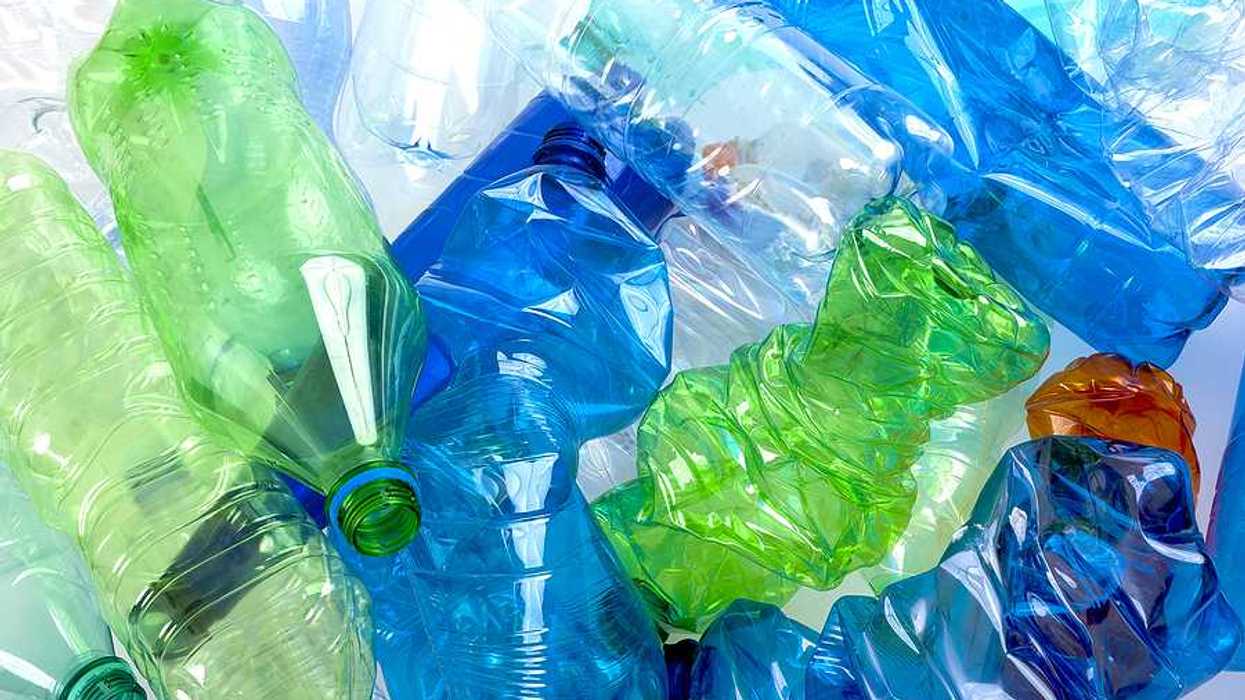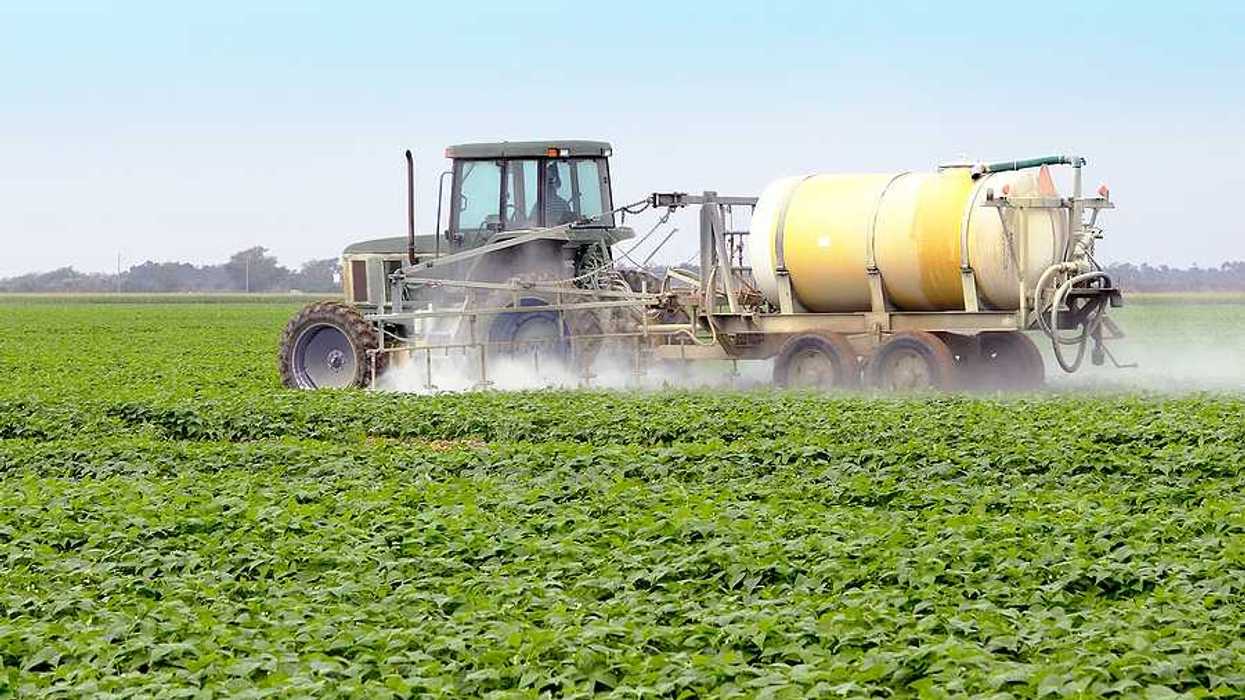Clubs are searching for eco-friendly alternatives to synthetic pitches, which contribute to significant environmental pollution.
In short:
- Natural grass pitches, though eco-friendly, require heavy maintenance and water usage.
- Synthetic pitches contribute to plastic pollution, shedding microplastics into waterways.
- Hybrid solutions, like cork and coconut husk infills, offer promise but come with their own challenges.
Key quote:
"The turf was a catastrophe and players risked serious injury."
— Julian Nagelsmann, Germany coach
Why this matters:
Replacing synthetic pitches with sustainable options can reduce plastic pollution and carbon emissions. However, the search for durable and affordable alternatives is challenging, emphasizing the complexities in balancing performance and environmental impact.














